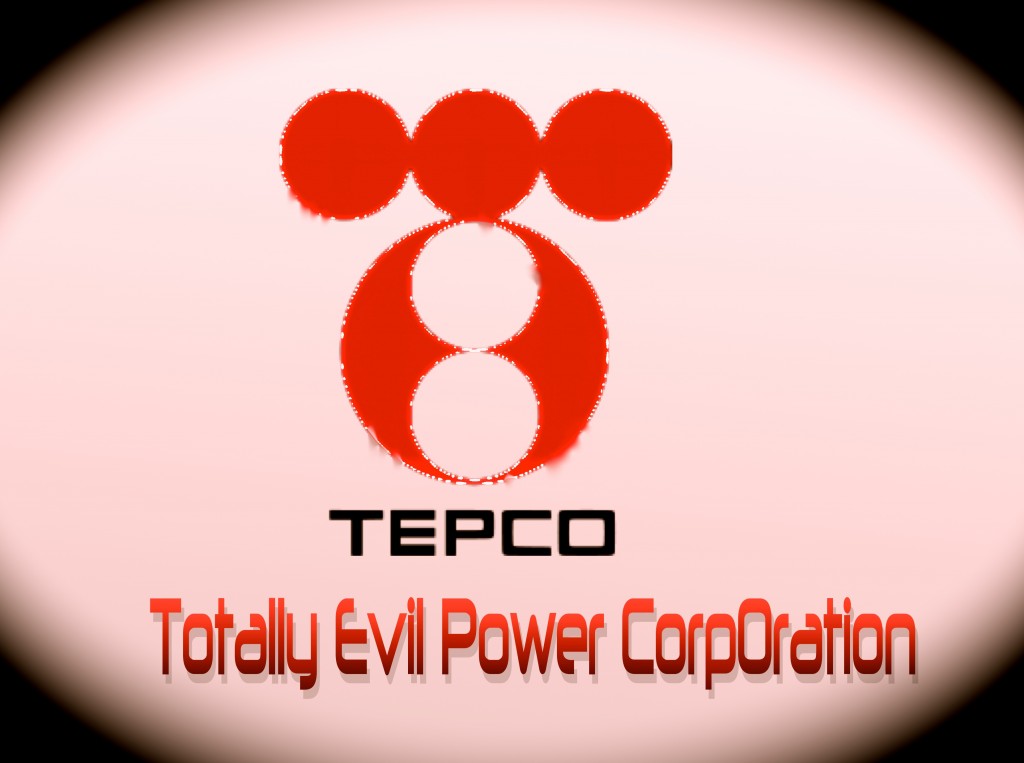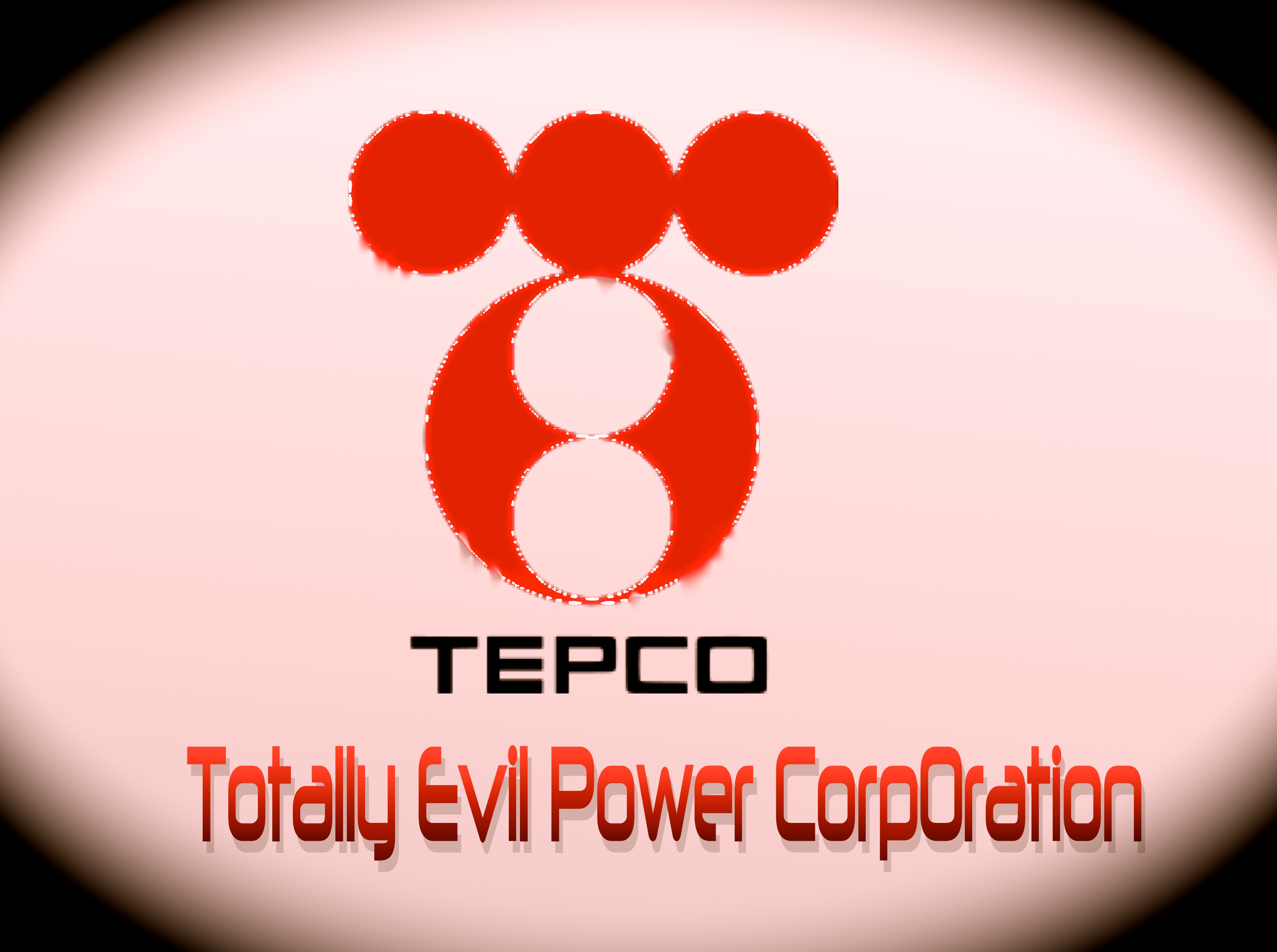The Fifth Tokyo Prosecutorial Board announced a decision yesterday that three former executives of the Tokyo Electric Power (東京電力)company, including former Chariman Tsunehisa Katsumata (勝俣恒久元会長) should be prosecuted for criminal negligence resulting in death and injury for the triple nuclear meltdown in March of 2011. They also scolded the Tokyo Prosecutor’s Office (TPO)for letting them off the hook. The Prosecutorial Review Board oversees the decisions of the prosecutors to try or not try a case. The TPO now has to consider the decision and decide whether to reopen the investigation or attempt to close the case again.
The accident at Fukushima Nuclear Power plant resulted in over a 100,000 people being displaced and possibly a surge in thyroid cancer in children living in the area. TEPCO workers also drowned to death on site after being sent to check on equipment in the basement despite a looming tidal wave. The manager of the Fukushima plant died of throat cancer this year. TEPCO claims it had no connection to the radiation exposure he received while working at the facilities.

However, if the Tokyo Prosecutorial Board again rules that prosecution of the TEPCO executives is warranted then a team of lawyers will be chosen to play the role of the prosecutors and the accused will be charged. An independent government investigatory board, National Diet of Japan Fukushima Nuclear Accident Independent Investigation Commission, concluded in 2012 that the nuclear accident could have been prevented and that TEPCO management was criminally negligent.
Last year TEPCO made 4 billion dollars in profits, much of it due to the Abe administration’s decision to bear huge amounts of the costs of the Fukushima nuclear disaster clean-up.
The Tokyo Prosecutor’s Office is well aware of how unpopular their decisions to let the TEPCO executives go scot free would be. The news that there would be no prosecution was leaked on the day it was also announced that Japan would hold the 2020 Olympics.
Prior to the 2020 Olympics, Abe also assured that the nuclear clean-up at Fukushima was “under control”. The next day media reports about radioactive water seeping ing into the ground soil and contaminating the ocean made him look very foolish and dishonest. Perhaps that was the inspiration for the Special Secrets Act which his administration rammed into law on a night in December last year, which will cripple press freedom and allow almost all nuclear issues to be labelled “top secret”—criminalising reporting on them. (We can be sure the Tokyo Prosecutor’s Office will leap to do those cases.)
A special prize to whoever figures out the day the TPO are most likely to bury the news that they are going to ignore the Tokyo Prosecutorial Board and do nothing. We could be wrong. We’d like to hope we are.
